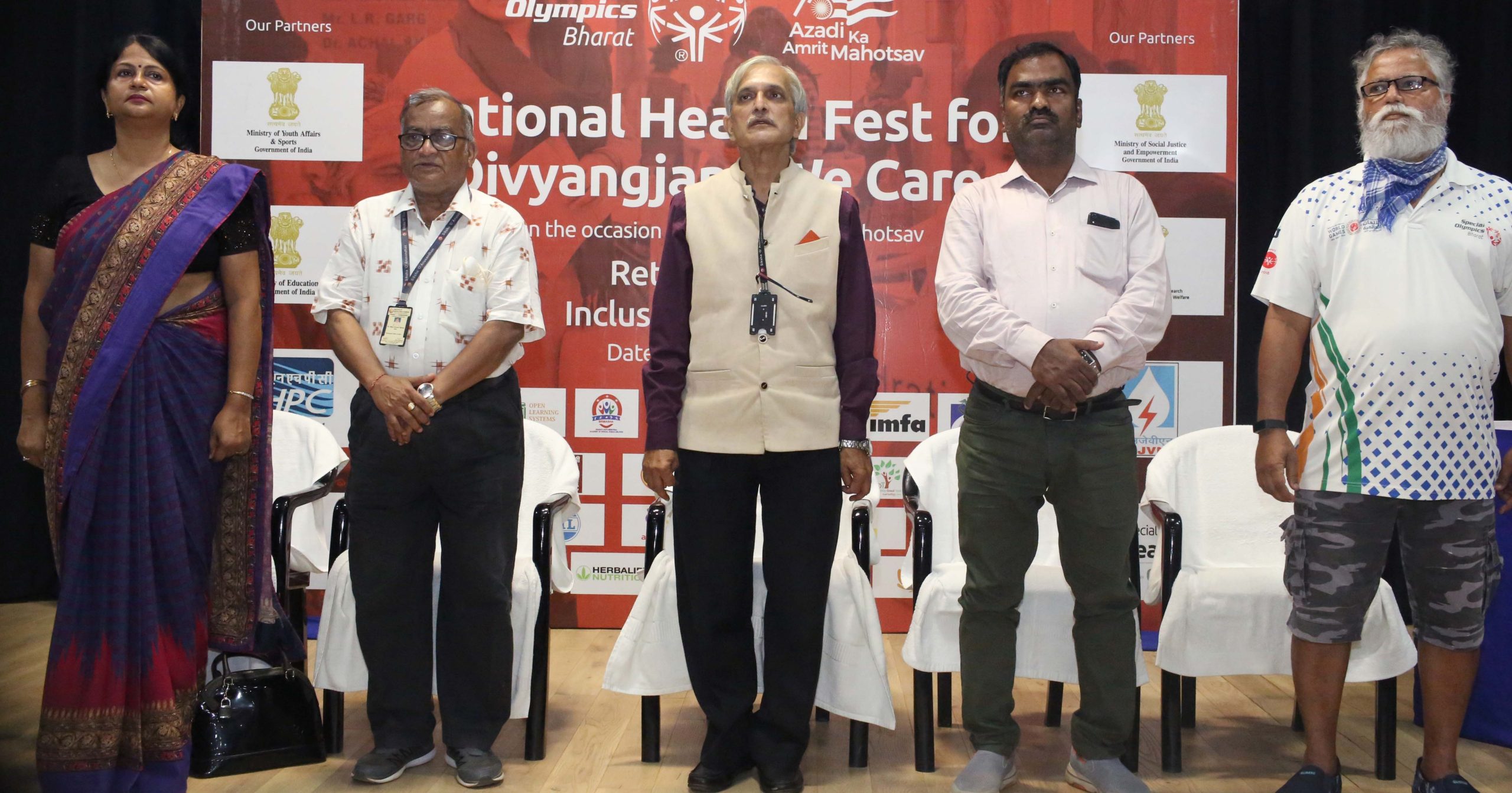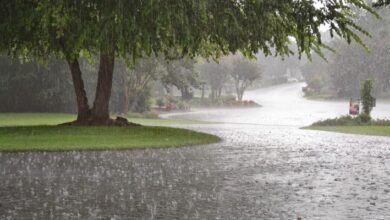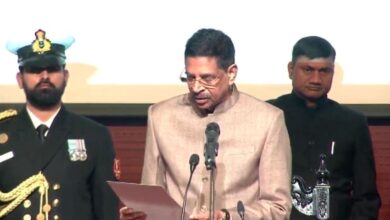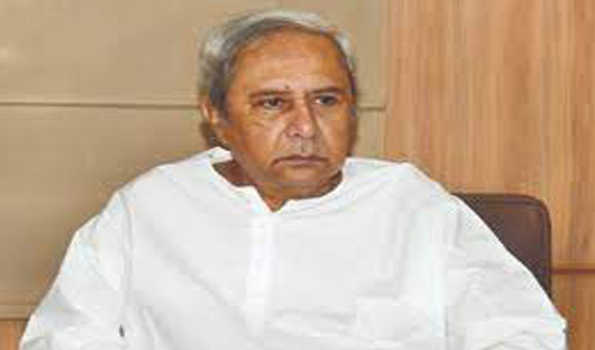Rourkela Tops The List Of EatSmart Cities Challenge
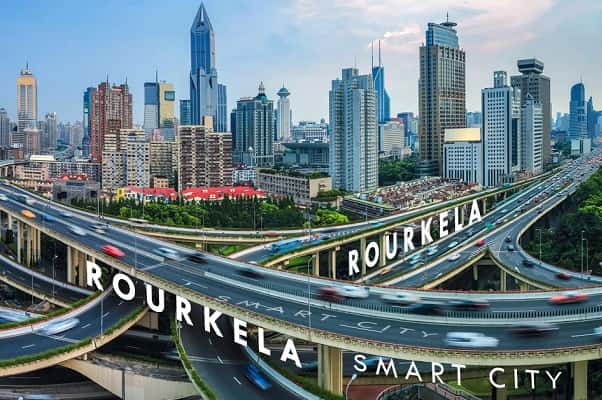
Bhubaneswar, Mar 17 : Odisha’s Rourkela is among the 11 winners of the EatSmart Cities Challenge conducted by the Union Ministry of Housing and Urban Affairs (MoHUA).
The steel city bagged the award as it is establishing an economic approach to food system transformation. The city is supporting solar-powered cold storage and women entrepreneurship to reduce waste. They aim to empower small farmers and street vendors.
Other winners are Chandigarh, Indore, Jammu, Jabalpur, Panaji, Rajkot, Sagar, Surat, Tumakuru and Ujjain. The 11 cities will now enter the deep engagement stage of the challenge wherein projects undertaken in pilot stage will be scaled up in a sustainable manner.
The challenge was launched by MoHUA in collaboration with Food Safety and Standards Authority of India (FSSAI) on 15th April, 2021, to scale up the Eat Right India approach to city level.
The EatSmart Cities Challenge has the objective of motivating Smart Cities to develop a plan that supports a healthy, safe and sustainable food environment supported by institutional, physical, social, and economic infrastructure along with application of ‘smart’ solutions to combat food related issues. The challenge is envisioned as a competition among cities to recognize their efforts in adopting and scaling up various initiatives under Eat Right India by strengthening the food safety and regulatory environment, building awareness among the consumers and urging them to make better food choices in India’s smart cities.
All cities under the Smart Cities Mission, capitals of States/UTs and cities with population of more than 500,000 were invited to participate in the challenge. 108 cities registered and 36 cities submitted their Score Cards and Vision Forms on the basis of the Eat Right India Framework and the pilot activities conducted. Upon evaluation, 11 cities have been selected as winners by a jury comprising national and international experts from MUFPP, Food Foundation and NeTPRoFaN (Network of Professionals of Food and Nutrition). These winning cities will be awarded Rs. Fifty lakh each from MoHUA and be involved for deep engagement over a period of next 12 months to scale up their plan including implementation of the Eat Right India initiatives.
Under the pilot stage of the EatSmart Cities Challenge, the highlights included:
- At least 10% increase in licensing and registration of food businesses across cities.
- Banning use of plastics and replacing with nature-based alternatives such as ‘patravali’ or leaf-based cutlery/ utensils.
- Use of technology-based solutions for food safety initiatives.
- Campaigns featuring cartoon/comic characters and video games to encourage young people to make healthy food choices.
- Incorporating food policy into the city urban development plan.
- Healthier food campaigns highlighting the nutrition value of traditional food versus fast/ultra-processed food.
- Supporting citizen volunteers to distribute surplus food from businesses to vulnerable communities.
- Progressing the trans-fat free @75 campaign.
- Training citizens in key nutrition messages to cascade across community settings.
- Involving the medical community in various campaigns to raise awareness of nutrition, food and health among citizens.
- Focusing on household food safety as well as business food safety and targeting small/micro businesses.
- Establishing school nutrition action groups, involving parents, to support a transition to nutritionally diverse menus.
- Citizen engagement during food festivals and food safety/health guidance for festivals attracting millions of people.
In the scale up stage, i.e. Stage-2, cities will:
- Work towards adopting an aggressive approach for food systems vision.
- Implementation of Eat Right India programs at a larger scale.
- Food Cities 2022 partnership along with next series of activities and deliberation sessions to showcase at the international forums.
- Work towards making their interventions sustainable and to scale it up across wider network.
- Work to bring institutional resilience through setting up a Food Systems Approach for the cities.


